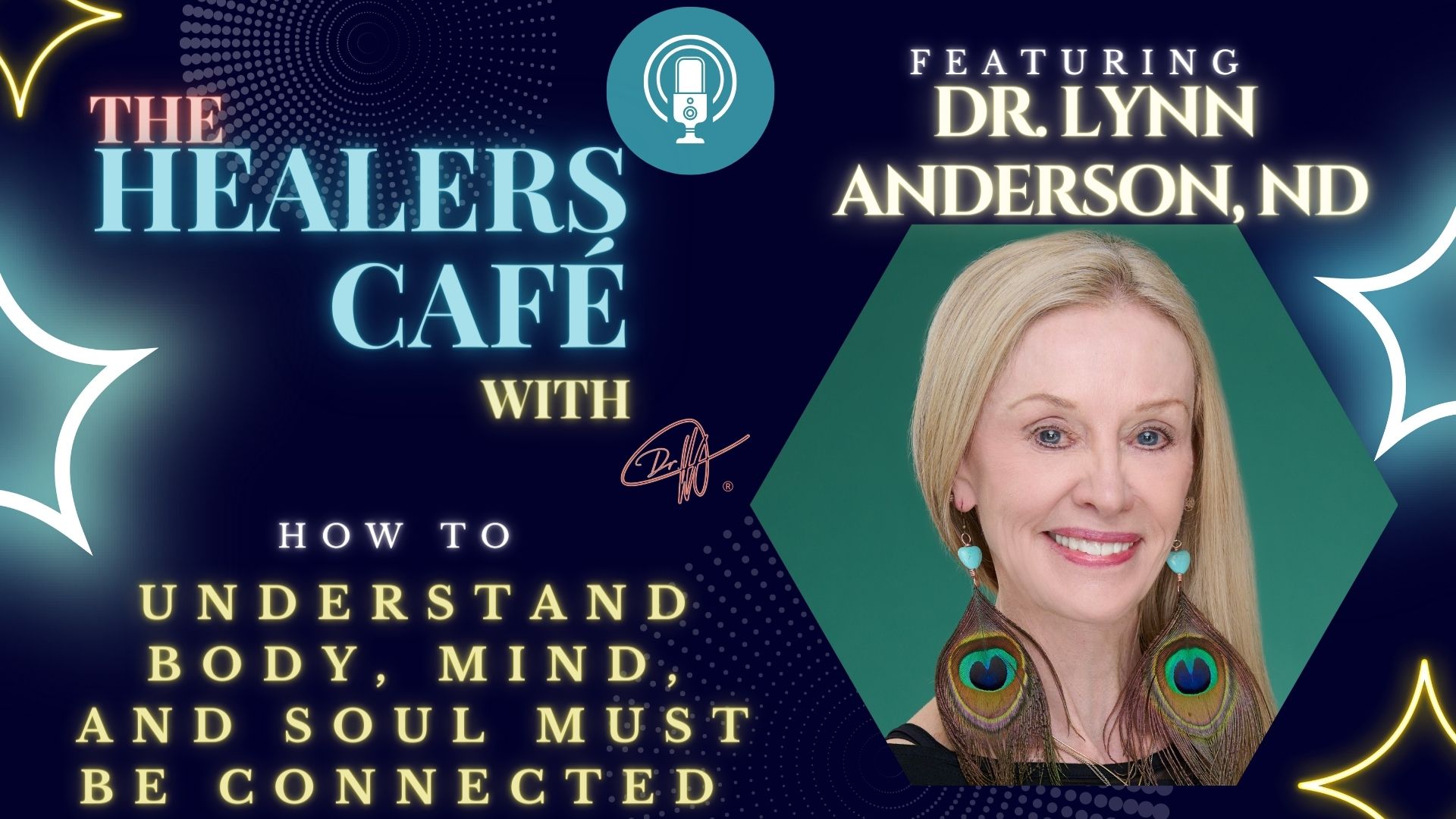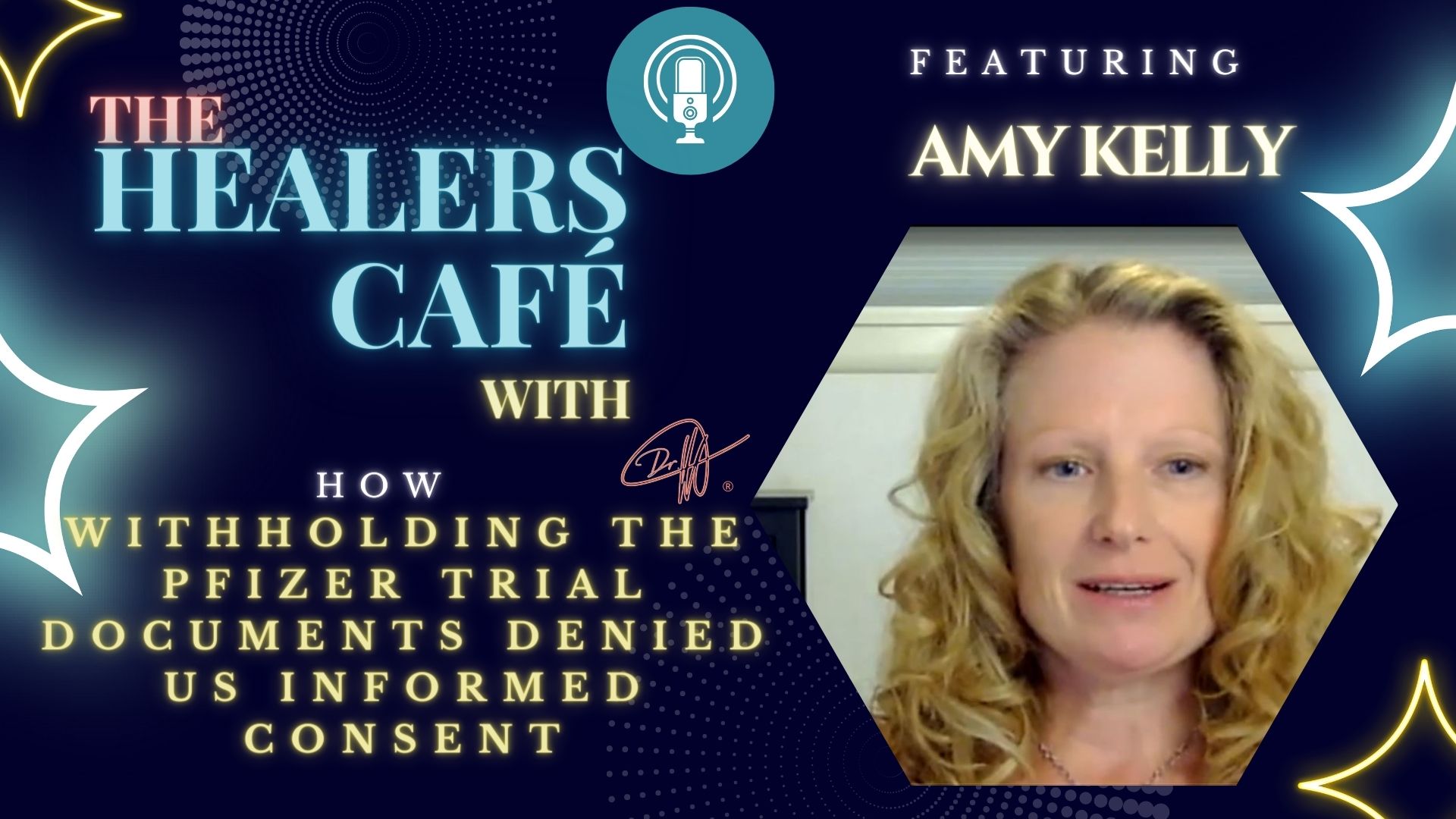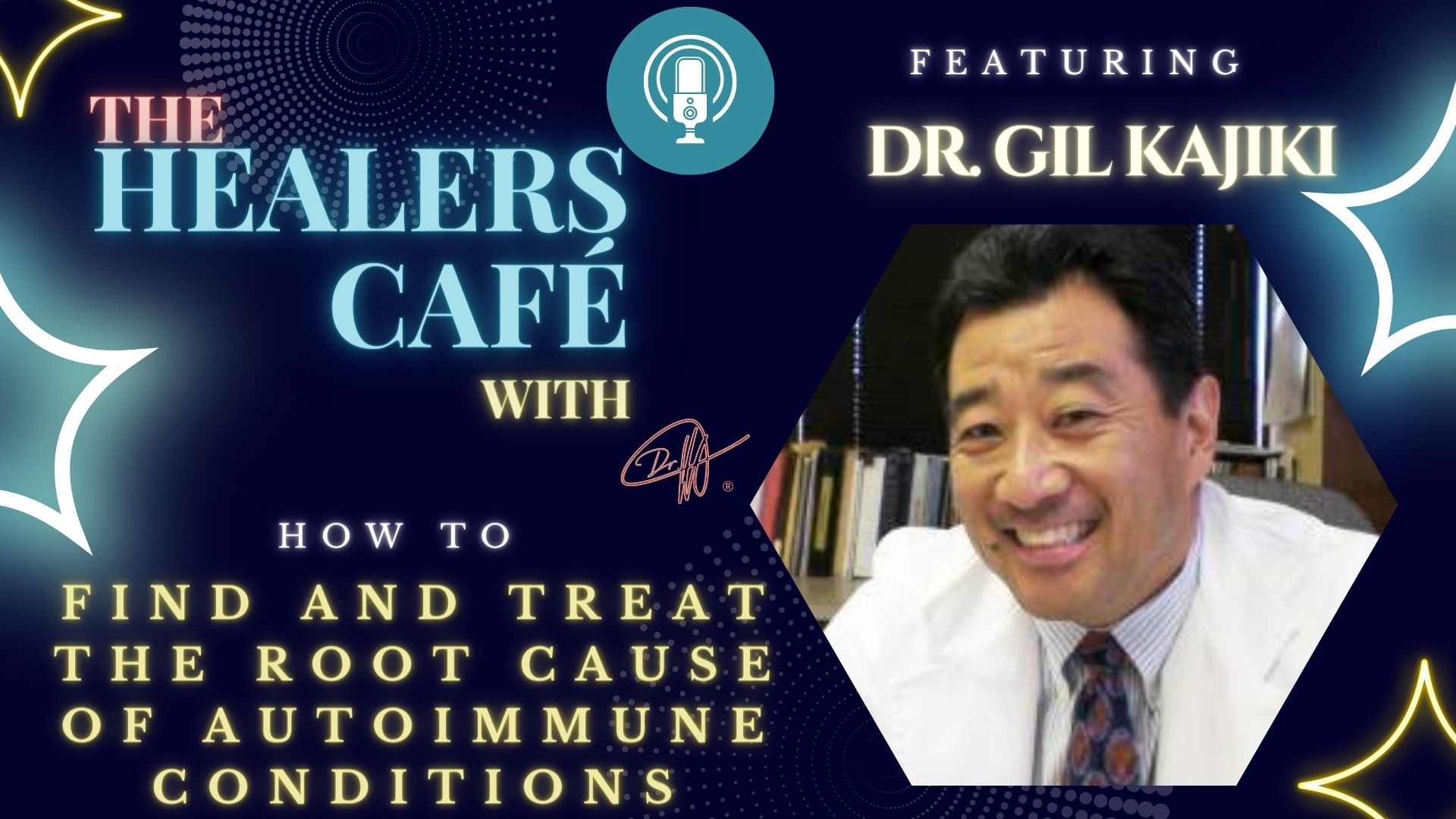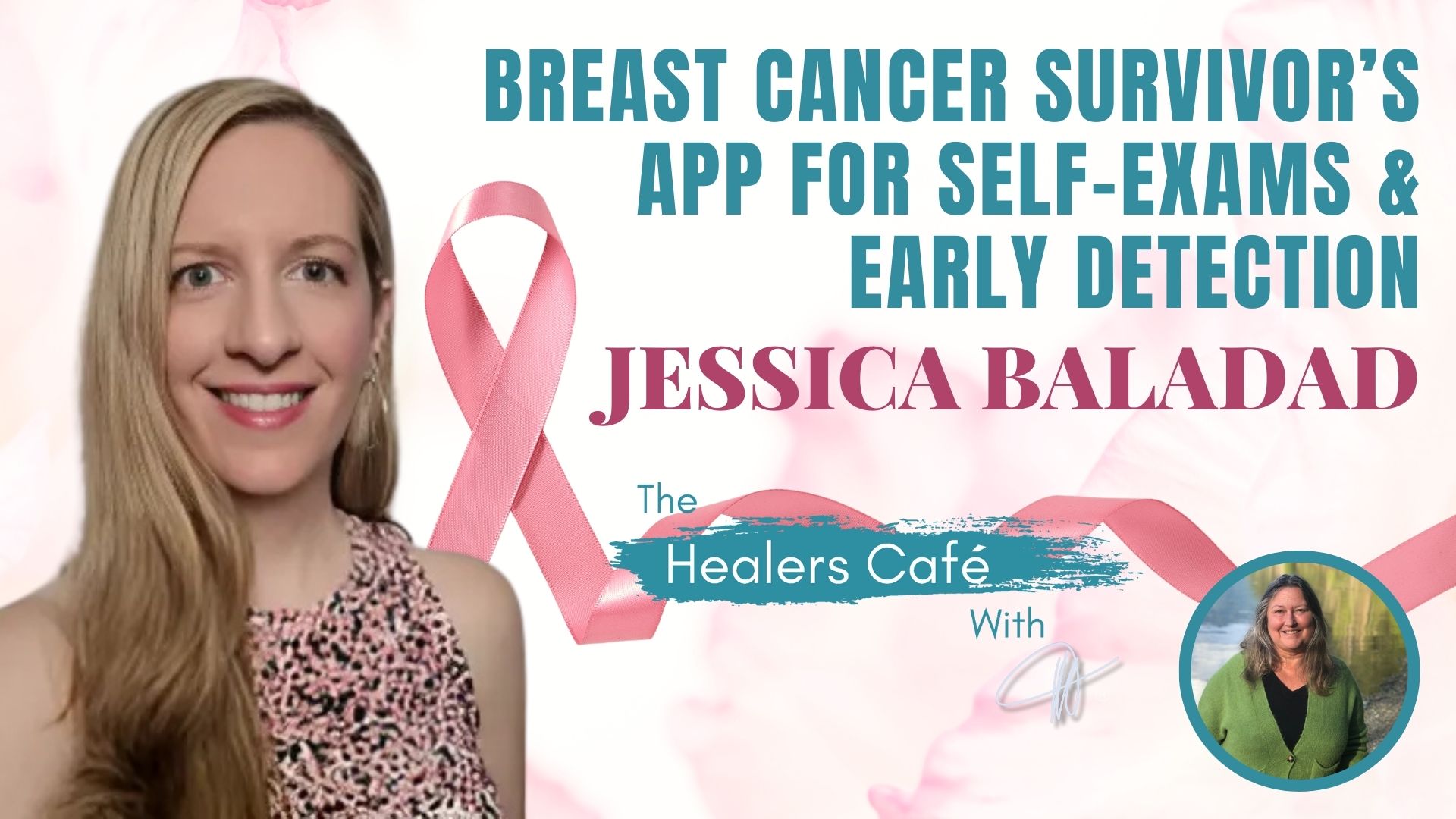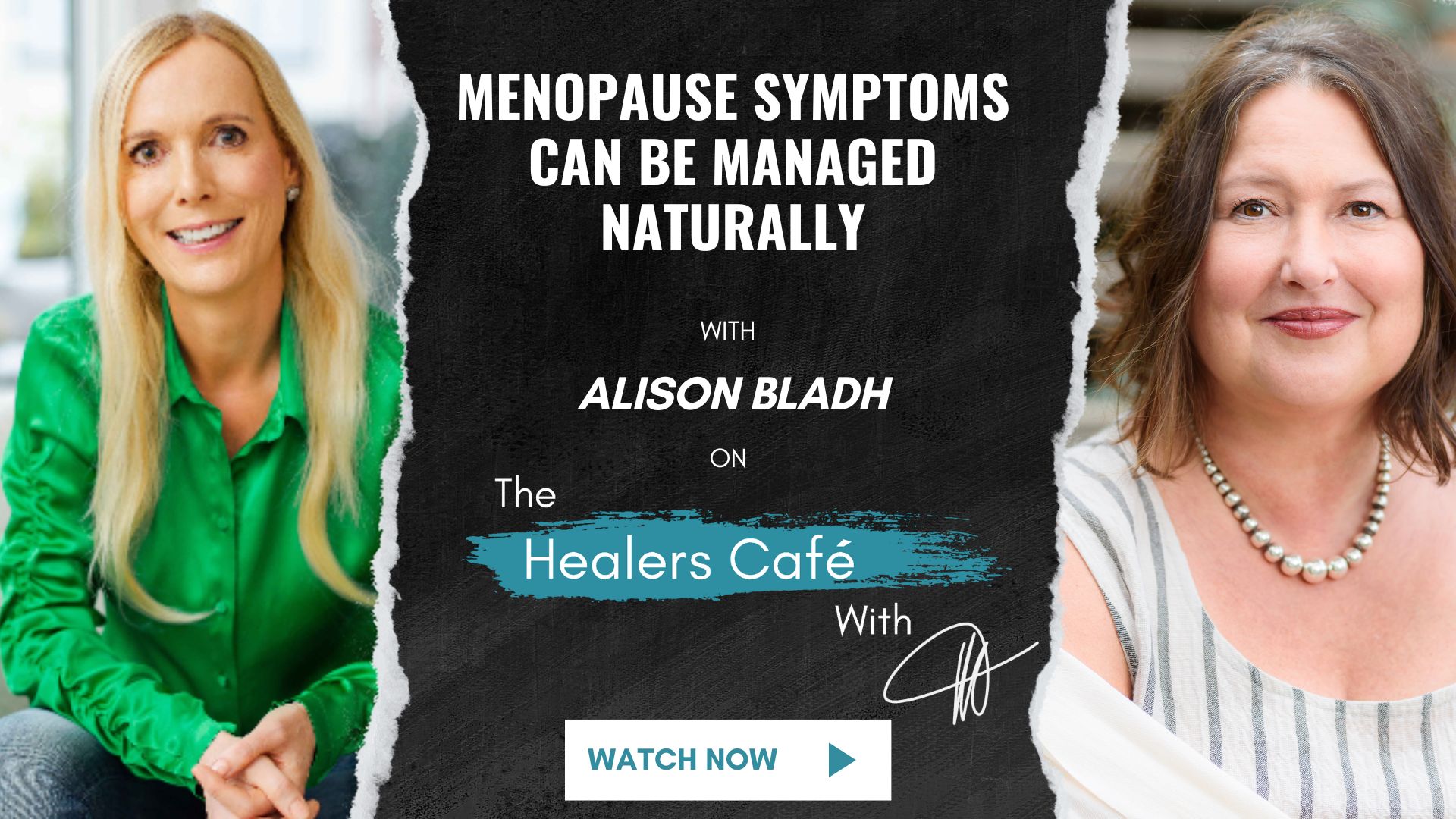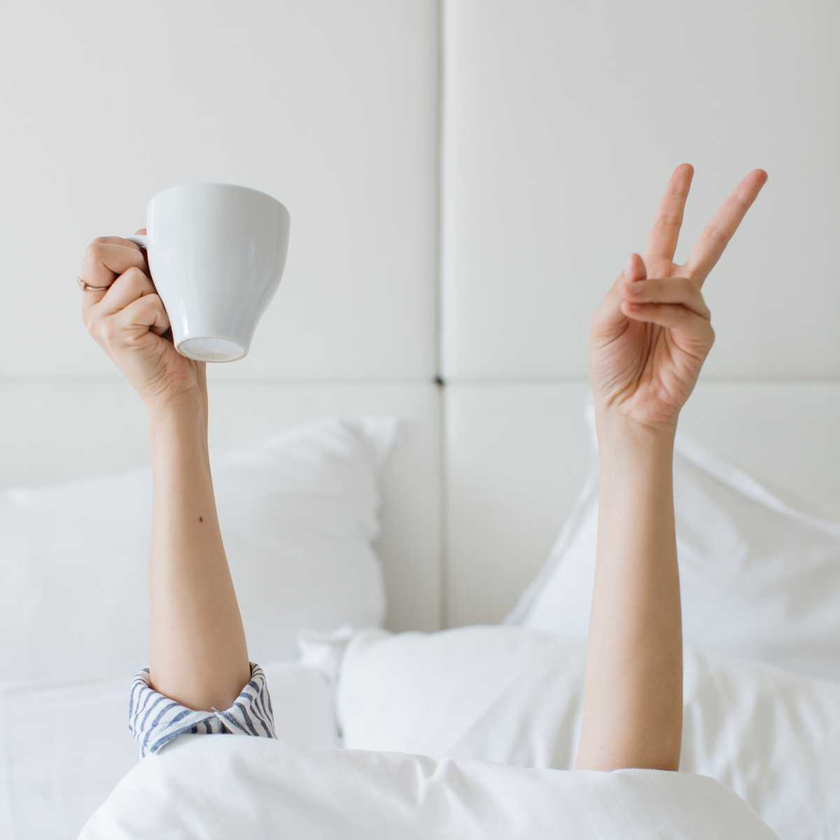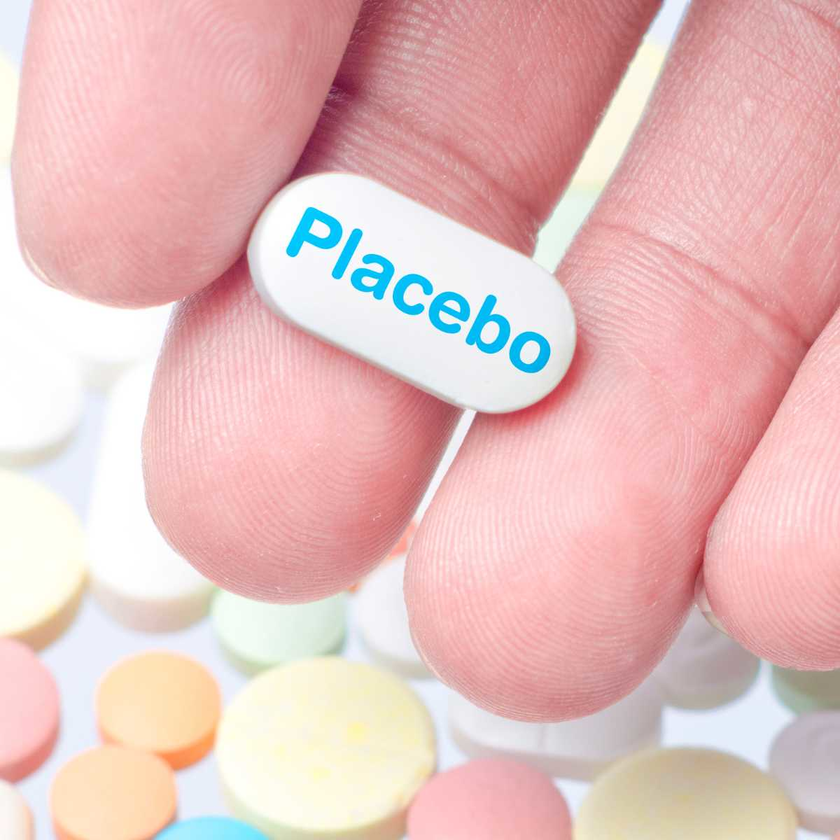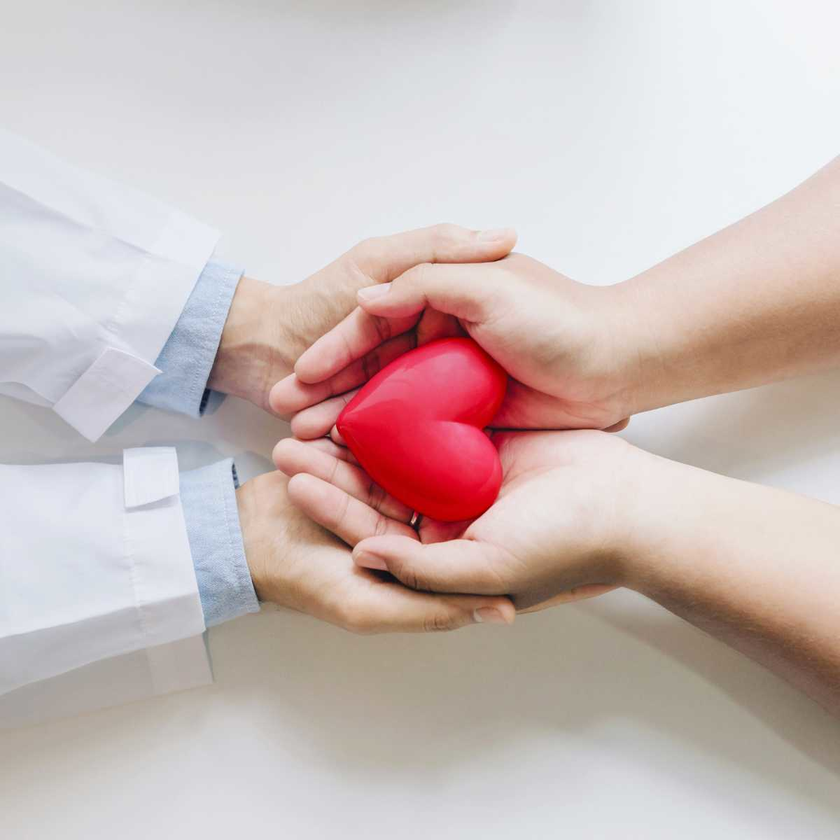Whether you are the CEO of a major corporation responsible for the gain or failure of your company, or the CEO of your household with kids running rampant and a list of never-ending chores, you still need time to achieve and maintain optimal health.
That is often easier said than done as your responsibilities often seem never-ending with everyone in your life counting on you. But trust me...there is always time for you and by beginning each day feeling refreshed and energized, your success will skyrocket no matter your goals!
When there never seems to be enough hours in the day it may seem impossible to find time to work on self-love and self-care, but what if all you needed was 15 minutes? If 15 minutes could change your life for the better and allow you to focus more clearly, be more productive, and work smarter not harder...would it be worth the time?
Some of you are definitely thinking that there is no way 15 minutes could change your life but the following simple tips will surprise and delight you as to how easy it is to make huge changes with very little time.
Step 1: Let Go
As a productive person who is a leader in your workplace or home, it is often hard to let go of the day’s woes while trying to plan for tomorrow. Your head hits the pillow and your mind begins racing. Did I remember to mail the bill payment? Oh, I must buy burgers for the cookout next week. Is that the dog snoring? Must have a work meeting to discuss the new project soon. Where is my blue sweater? Did my son finish his schoolwork?
One thought leads to another and then you see the clock. 2:12 am. Dang, I need to get to sleep. I must be up in 4 hours. 3:47 am. Oh, why can’t I fall asleep? I will be exhausted tomorrow.
This pattern can continue for hours as once you try to force sleep, it seems to evade you even more adding stress and anxiety to your already full plate. So how do you stop the ever-racing mind in order to drift off into slumber?
Let go. Sounds simple enough but letting go is sometimes the hardest thing to accomplish. This is due to our subconscious creating a story about our conscious world and once your subconscious takes control...it can be difficult to reign it in especially for creative, imaginative people. In order to let go, you must discipline your mind by not allowing your subconscious to control your thoughts.
This can be achieved through meditation and practicing mindfulness. Spending a few minutes to discipline your mind before bedtime will allow you to let go of racing thoughts, fall asleep faster, and awaken more rested.
Step 2: Be Loving to Yourself
Is leaping out of bed to a blaring alarm, skipping breakfast, and rushing out the door to work or driving kids to school being loving to yourself? Most would agree it is not but when there is never enough time during the day to accomplish everything for everyone who counts on you...how can you be loving to yourself?
Begin by changing your alarm clock. Adding a few extra minutes to your morning will allow you to create a morning routine that boosts energy and positive thinking which, in turn, boosts your performance allowing you to get more done.
These extra few minutes in the morning give you time...for you!
Shower with your favorite soaps; Listen to your favorite song; Eat your favorite breakfast; Exercise. No matter what it is that you give yourself time for, ensure that it is time used to treat yourself lovingly. This is YOU-time.
Step 3: Breathe Deeply
Breathing of course is essential to life but how often do you think about deep conscious breathing?
Deep breathing increases the supply of oxygen to your brain, muscles, organs, fascia, and more. It also stimulates the parasympathetic nervous system, which promotes a state of calmness, reduces stress, relieves anxiety, and allows you to feel connected to your body.
Without activating your parasympathetic nervous system, you can become stuck in fight-or-flight mode due to our sympathetic nervous system which is responsible for keeping us safe but often confuses stress with danger leaving us forever in a state of dis-ease.
It does so by increasing heart rate and blood flow to muscles while decreasing systems not needed for fight-or-flight such as digestion. This can lead to digestive issues, tension, anxiety, and a general feeling of dis-ease.
By taking a few moments to focus on deep conscious breathing you can release the worries in your head, calm your mind, and activate your parasympathetic nervous system allowing you to focus more clearly in a calmer state.
Step 4: Positive Affirmations
Stress, anxiety, fear, and doubt have a way of creating negative stories within our minds. We can become locked to these negative emotions which in turn creates more dis-ease within our body, mind, and spirit leading to a multitude of stress-related symptoms and illnesses.
The same is true for positive thoughts. Just thinking about something positive causes your brain to send signals and release neurotransmitters like dopamine and norepinephrine. These chemicals trigger your parasympathetic nervous system and allow you to feel calm and relaxed which also allows your body’s systems such as digestion to function properly.
Reciting positive affirmations in the morning either aloud or in your head allows your mind to get into a positive line of thinking which can positively affect your entire day. They can be personal, career orientated, health-related, or related to anything you are currently struggling with.
Remember, that you are in charge of how you want to feel and how you choose to engage those choices on a daily basis.
Step 5: Touch
“Touch is something we associate with emotional closeness, and we associate the absence of it with emotional distance. We may not fully appreciate it, but in pre-pandemic life, there were literally dozens of small moments of touch throughout the day.” Guy Winch PhD
Being emotionally and socially responsive to touch is so biologically fundamental to us that C-Tactile afferents are present over almost every inch of our skin, absent only from the palms of our hands and the soles of our feet.
Touch anchors us to the social world in a very real way, therefore living without it during this last year and a half due to lockdowns and restrictions can have long-lasting impacts on wellness and mental health.
It is important to remind ourselves that in a course of one year we have learned to take something we subconsciously thought of as comforting and safe and reframed the social culture around it to be unsafe and unhealthy. Although we see and feel the negative effects this has had on people throughout the pandemic everywhere, it's important to remember this ALSO demonstrates the amazing ability of people to come together and adapt to change. This means with the right help we can unlearn this behavior as individuals and as a society.
Take a moment and reach out to everyone you know and give them a hug.
If you are unsure of how Touch can help you discover optimal health, or if you wish to learn how to use touch to move your loved ones from dis-ease to optimal health, I invite you to visit Your Body Mind Reboot® page by clicking the link below.
There you will discover Your Body Mind Reboot® which gives you the knowledge and the tools to LISTEN to your body and use TOUCH to REBOOT® for optimal health.


